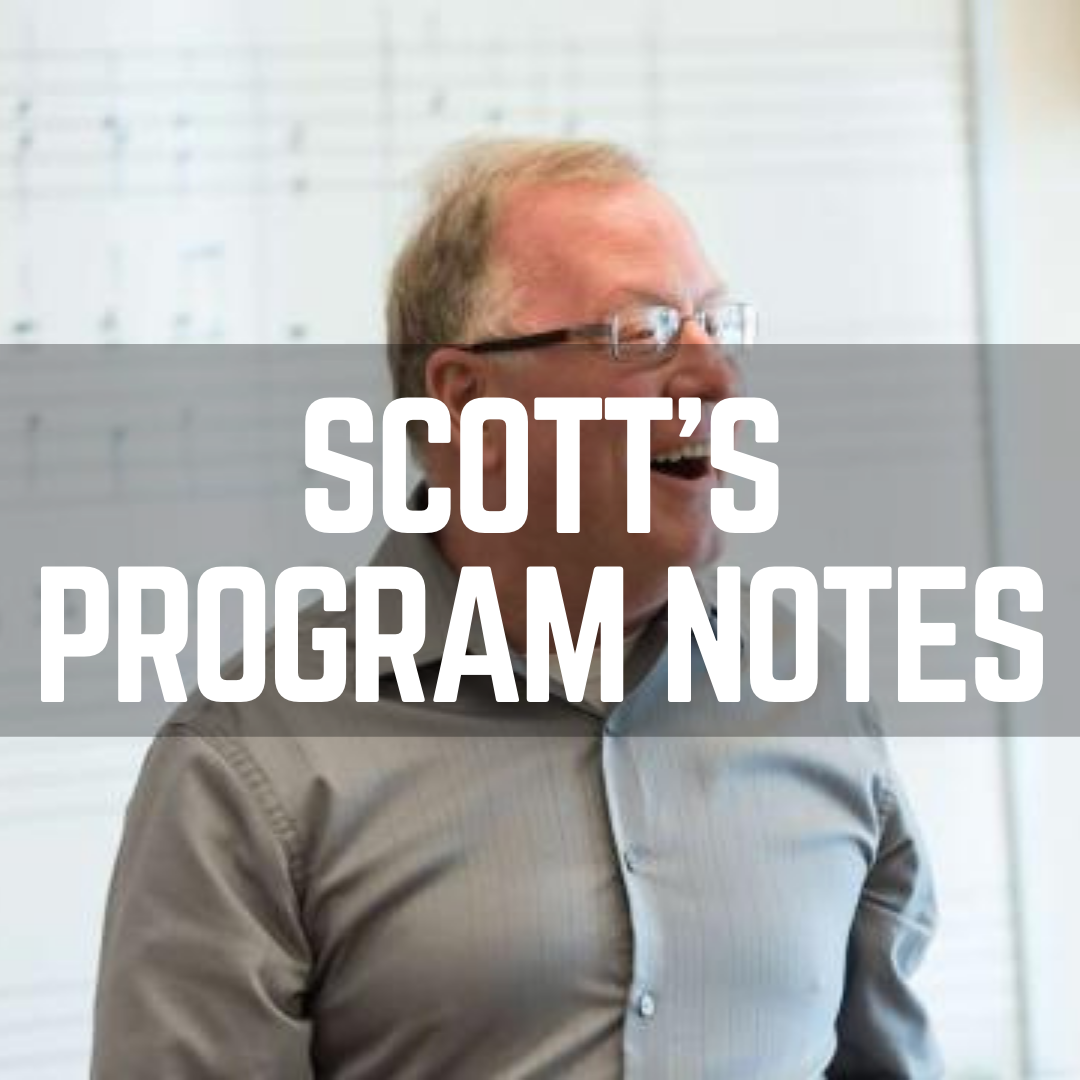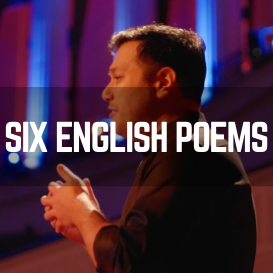Being a former horn player, Britten’s Serenade for Tenor, Horn and Strings has played a central role in my musical world since I was a teenager. It was commissioned by the first modern day horn celebrity, Dennis Brain, and I think it’s important to know that Britten composed this piece in a British hospital while suffering through a bad case of the measles, and in the middle of 1943, some of the darkest days of WWII. However, like Ralph Vaughan Williams’ Symphony No. 5, another wartime masterpiece, Britten’s Serenade is suffused with mostly reflective and calm music, mixed with a little mystery and occasional dramatic and even comedic outbursts.
Nicholas Phan and I have talked about performing Britten’s Serenade since perhaps when we were in school together nearly twenty years ago. Since those early days, Nicholas has gone on to become one of the foremost interpreters of Britten and his recordings of Britten’s songs have garnered much deserved acclaim. It takes a supreme musician and a keen mind to sing Britten’s music and Nicholas has both in spades.
The piece begins and ends with horn solos, performed by Meredith Brown, who is a Bay Area musical superstar. She plays horn for many California orchestras and opera companies, including the California Symphony, and I have admired her musicality and sound for as long as I have known her, which is to say since I’ve lived in Bay Area! I’m very excited to work with Meredith on this cornerstone of the horn repertoire.
When poetry is set to music, a completely new artform is created that is greater than the sum of its parts. On the surface, the music composed to poetry is meant to accompany the words and support the singer’s goal of projecting the words through sound to the listener’s ear. However, and this is certainly the case with the Britten, music can be so much more than just a supporting role. It can create the atmosphere of the entire poem before one word is sung, and can also offer a moment of reflection at the end of a phrase. The tempo of the music can aid in the urgency, or can be the exact opposite, perhaps reflecting the hopelessness of the poem’s intended target. There are many, many more alternatives and often the music can portray all of them simultaneously! In the case of one of the poems used in the Serenade, the Lyke-Wake Dirge, one must take the time to understand the 16th-century Yorkshire dialect of Northern English in which it is written.

 Britten structured the Serenade so as to bookend its six poems with a pair of horn solos featuring the natural, rather than modern valved, horn. There’s something a bit otherworldly about the natural horn, not only via the oddly askew pitch of those notes that lie outside its normal palette, but also in its distinctly organic, subtly raspy quality.
Britten structured the Serenade so as to bookend its six poems with a pair of horn solos featuring the natural, rather than modern valved, horn. There’s something a bit otherworldly about the natural horn, not only via the oddly askew pitch of those notes that lie outside its normal palette, but also in its distinctly organic, subtly raspy quality.




